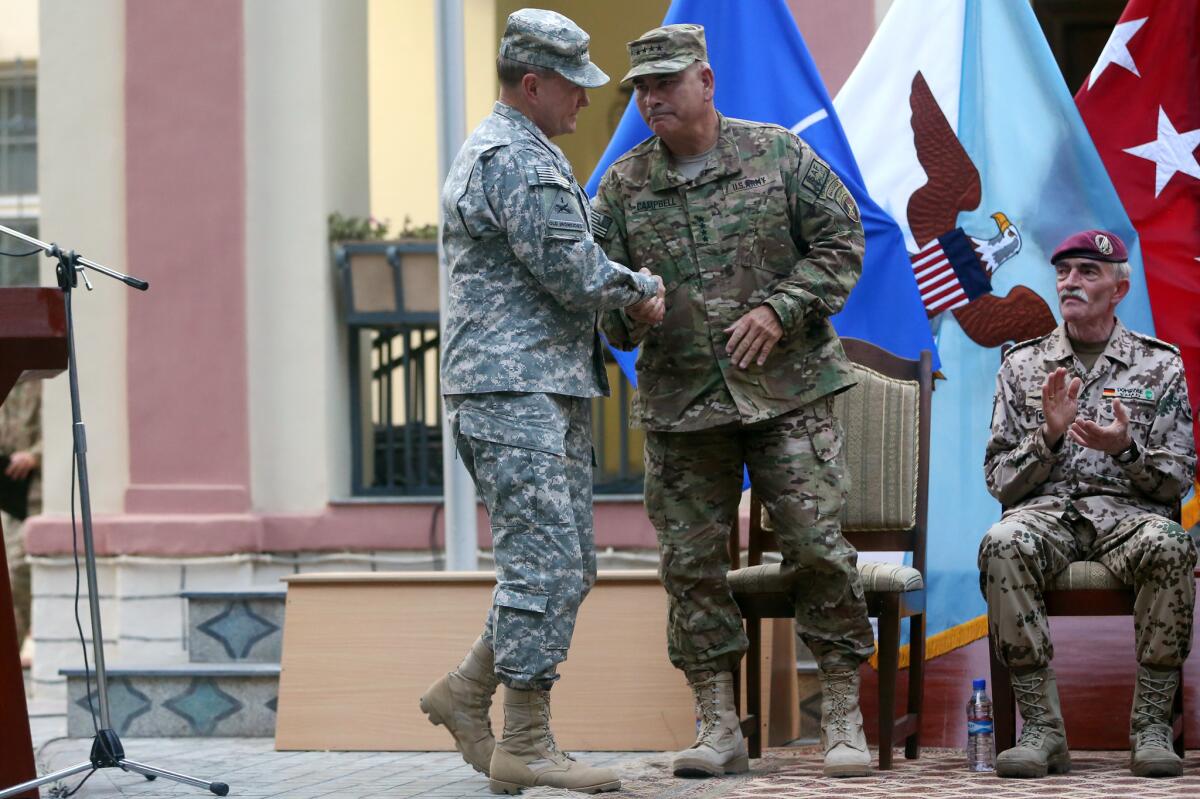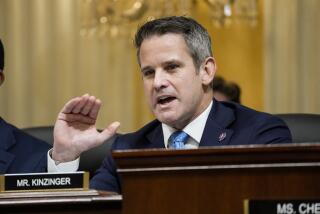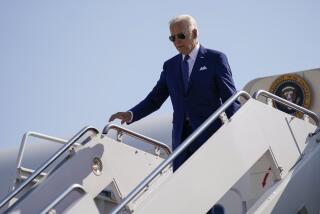U.S. general takes command of a coalition in flux in Afghanistan

The new commander of the international forces fighting in Afghanistan took command Tuesday amid uncertainty about the country’s political leadership and the future role of American troops.
U.S. Army Gen. John F. Campbell will lead the International Security Assistance Force, a coalition of more than 44,000 troops from nearly 50 nations, as it winds down its mission in Afghanistan ahead of its December 2014 withdrawal.
He took command from Marine Corps Gen. Joseph F. Dunford Jr., who had commanded the coalition since February 2013. Dunford had won praise for his efforts to help guide the 330,000-member Afghan security forces to take over security responsibility as foreign troops exit.
Campbell, who has twice before served in Afghanistan, will lead the coalition during its final months amid an uncertain U.S. future in the nation. He acknowledged this, saying he was arriving at a “decisive phase in our campaign.”
The U.S. military, which currently has a force of about 30,000 in Afghanistan, would like to leave 9,800 troops in place to train and advise the Afghans and carry out limited anti-terrorism operations. Afghan President Hamid Karzai has refused to sign an agreement reached with Washington that would set conditions for any U.S. forces remaining after this year, straining relations between the two countries.
Karzai has said he wants to leave the agreement for his successor to sign. However, two rounds of voting for president in recent months have yet to produce a winner. Ashraf Ghani and Abdullah Abdullah, the two remaining candidates, have both said they would sign the accord.
Their nation is in the midst of a full audit of the about 8 million votes cast last month in the runoff election between the two men, with Abdullah disputing the early indications that Ghani had won.
The recount hit another snag Tuesday when representatives for Abdullah, the former foreign minister who came in second to Karzai in the 2009 polls, threatened to boycott the audit.
Abdullah’s team said in a statement that the process being followed in review the ballots was “contrary to the realities and commitments which were made with us and is seriously contrary to the documents that we hold.”
The statement went on to say that the process, which is expected to end ahead of a planned Sept. 2 inauguration, “was put into practice in a one-sided and imposed manner” in favor of Ghani, whom Abdullah had accused of widespread fraud in the second round.
The United Nations, which is overseeing the audit process, explained their criteria, saying in a statement that both campaigns had oversight over the audit process.
“It is highly unusual for the parties in an electoral contest to be given such prominence in designing the procedures to audit its results or to have such a hands-on role in the actual physical auditing,” the U.N. statement said.
Latifi is a special correspondent.
More to Read
Start your day right
Sign up for Essential California for news, features and recommendations from the L.A. Times and beyond in your inbox six days a week.
You may occasionally receive promotional content from the Los Angeles Times.





